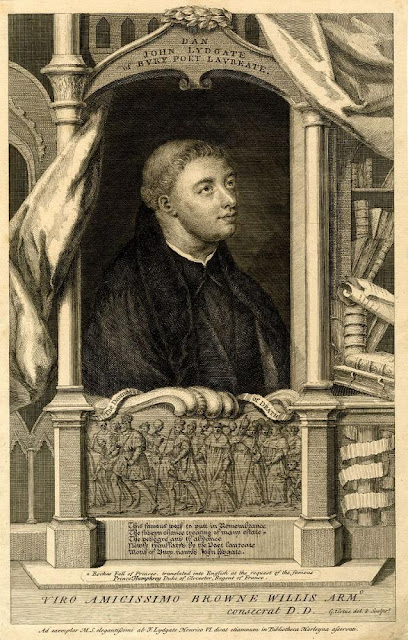From Shadows to Truth: Saint John Henry Newman, Saint John of the Cross, and Saint Thomas Aquinas

Was there a shift in how humans understand themselves, their place in the world, and their relationship to the divine or the transcendent? Axial Age is a term coined by the German philosopher Karl Jaspers. It refers to broad changes in religious and philosophical thought that occurred in a variety of locations from about the 8th to the 3rd century BC. According to Jaspers, during this period, universalizing modes of thought appeared in Persia, India, China, the Levant, and the Greco-Roman world, in a striking parallel development, without any obvious admixture between these disparate cultures. - Wikipedia Ancient Greece: philosophers like Thales questioned the nature of reality, while Socrates, Plato, and Aristotle developed ethical and metaphysical systems. Ancient Israel: the development of monotheism, with Yahweh as a transcendent creator God, and a focus on ethical conduct and individual relationship with God. Ancient India: the rise of Hinduism with its emphasis on karma, reb...




